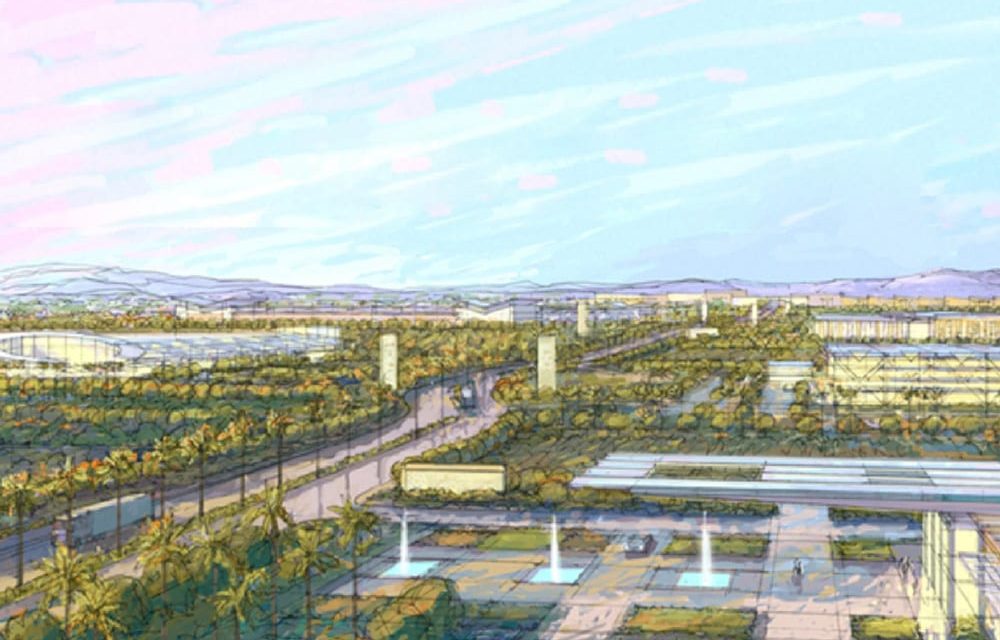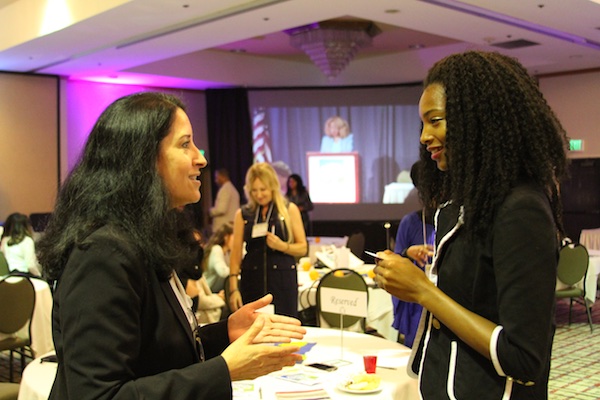
Attorney General Becerra, CARB, Challenge Moreno Valley’s Emissions from Warehouse Project

Attorney General Becerra, CARB, Challenge Moreno Valley’s Attempt to Sidestep its Responsibility to Regulate Emissions from Warehouse Project World Logistics Center project expected to increase greenhouse gas (GHG) emissions by hundreds of thousands of metric tons each year
SACRAMENTO – California Attorney General Xavier Becerra and the California Air Resources Board (CARB) today filed an amicus brief with the Fourth District Court of Appeal, challenging the Moreno Valley Community Services District (Moreno Valley) for disregarding the California Environmental Quality Act (CEQA) in its analysis of the World Logistics Center warehouse project. The construction of the World Logistics Center in the South Coast Air Basin —which already suffers from some of the worst air pollution in the country — is expected to add nearly 70,000 daily vehicle trips in the region, increasing greenhouse gas (GHG) emissions by hundreds of thousands of metric tons each year. In the brief, Attorney General Becerra asserts that Moreno Valley inaccurately claims that the World Logistics Center falls under CARB’s Cap-and-Trade program and fails to consider the vast majority of projected GHG emissions from the project in its analysis.
“California is already suffering from the onerous effects of climate change—including wildfires, droughts, and harmful air pollution,” said Attorney General Becerra. “We have a responsibility to our communities, particularly those that are disproportionately affected by pollution, to make sure all feasible mitigation measures are taken to reduce greenhouse gas emissions in projects like the World Logistics Center. Local governments like Moreno Valley must do their part as regulators if we are going to safeguard the well-being of residents and meet California’s long-term climate change goals.”
“Large distribution centers with heavy truck traffic must take responsibility for the greenhouse gas emissions and smog-forming exhaust they generate,” said CARB Chair Mary D. Nichols. “They cannot hide behind legal fictions to ignore the need to protect public health and the environment. The message for this developer – and others contemplating this illegal ploy – is clear: Distribution centers need to move towards zero-emission trucks and cargo equipment. They can’t duck their responsibility to the community where they are located, or pass on the costs of their pollution in the form of unhealthy air and poor health.”
The World Logistics Center is a massive 40-million-square-foot warehouse and logistics facility complex proposed by Highland Fairview company. The Center is projected to cause more than 385,000 metric tons of GHG to be released into the atmosphere every year, nearly 40 times the South Coast Air Quality Management District’s CEQA threshold of significance for GHG emissions. Even with mitigation measures, the Center would exceed significance thresholds for volatile organic compounds, nitrogen oxide, carbon monoxide, and particulate matter. The South Coast Air Basin already experiences ozone, the main ingredient of smog, at a rate higher than 98 percent of the rest of California. Residents there also experience cardiovascular disease, which can result from exposure to air pollution, at a rate higher than 95 percent of the state.
In the brief, Attorney General Becerra argues that Moreno Valley’s current GHG analysis of the World Logistics Center violates CEQA. Moreno Valley relies on CARB’s Cap-and-Trade program to shield hundreds of thousands of tons of GHG emissions each year from proper CEQA scrutiny. Warehouse and logistics centers, however, are not covered by Cap-and-Trade and therefore cannot “comply” with Cap-and-Trade. California relies instead on local governments to analyze and mitigate the climate change impacts of this type of project, pursuant to CEQA. By disregarding more than 95 percent of the emissions expected to be generated by the World Logistics Center, Moreno Valley’s environmental impact report fails to comply with CEQA. The brief notes that allowing Moreno Valley to sidestep its responsibility to regulate the Center would undermine California’s GHG reduction goals and prevent co-pollutant reduction measures necessary to protect California’s environmentally impacted communities.













